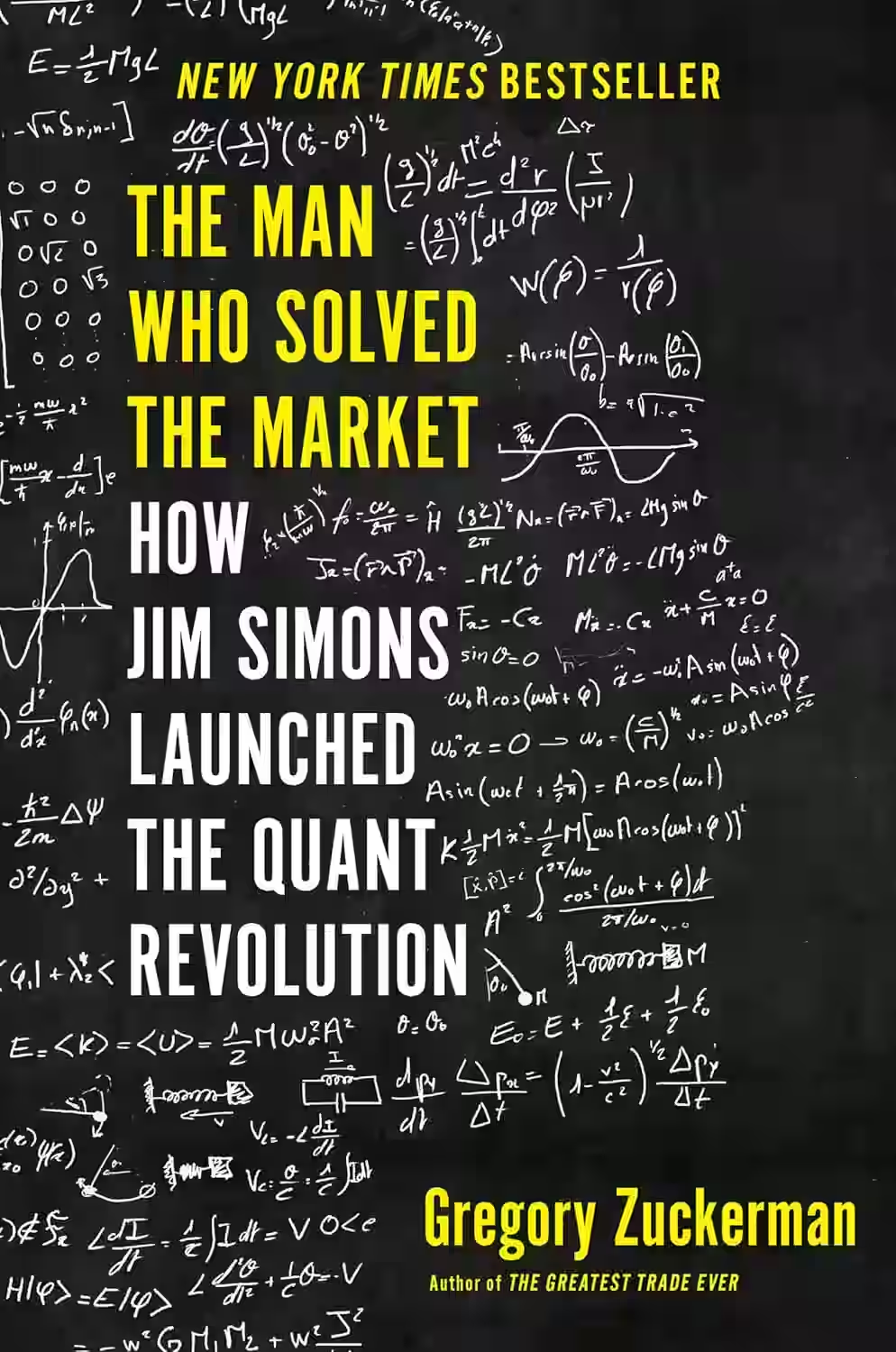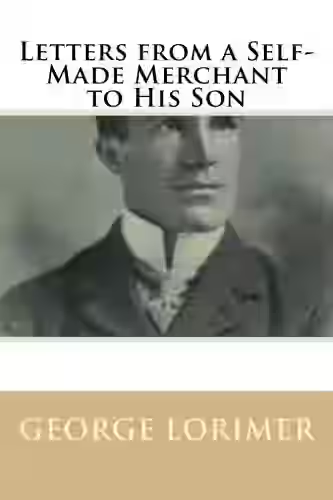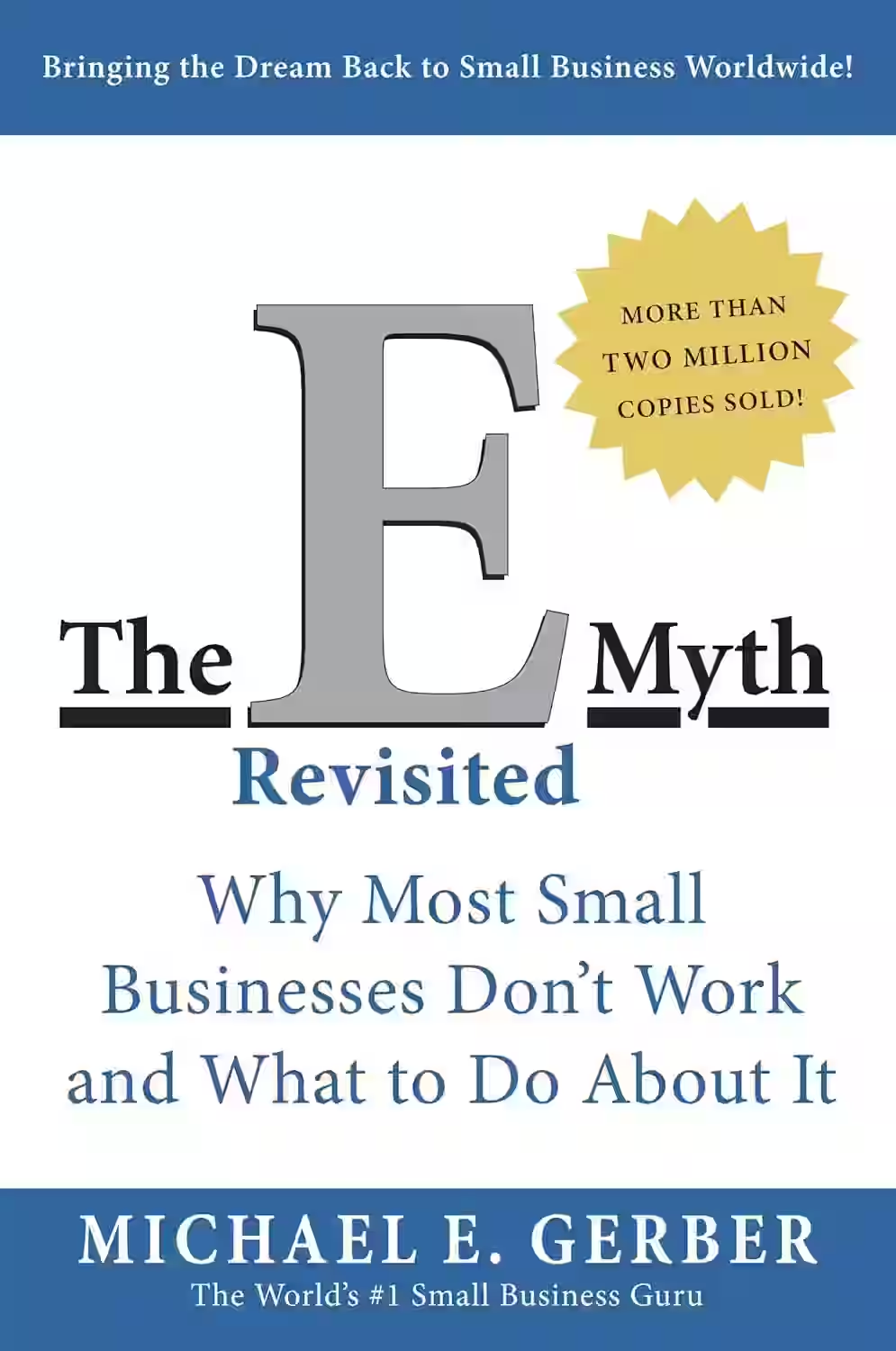
In Made in America, Walmart founder Sam Walton shares the story of building the world’s largest retail empire from a single store in Arkansas. Written in Walton’s own words, the memoir reveals his relentless work ethic, frugality, and obsession with customer satisfaction. He reflects on the principles that drove Walmart’s success, including employee empowerment, aggressive expansion, and constant innovation. Candid and down-to-earth, the book also touches on mistakes and challenges. Beyond a business biography, Made in America is an inspiring account of entrepreneurial vision, small-town values, and the competitive drive that revolutionized American retail.
About Frederick P. Brooks Jr.
Frederick P. Brooks Jr. (1931–2022) was a pioneering computer scientist and software engineer best known for managing IBM’s System/360 project and writing The Mythical Man-Month. A professor at the University of North Carolina, Brooks made foundational contributions to software engineering and computer architecture. His writings, especially on the complexity of large-scale projects, introduced influential ideas such as Brooks’s Law. Through both academic research and industry experience, Brooks emphasized the human and collaborative aspects of computing, leaving a lasting mark on the discipline. His work remains essential reading in computer science and project management education.
Similar Books

Losing My Virginity
In 'Losing My Virginity,' Richard Branson shares an exhilarating account of his entrepreneurial journey, from founding the Virgin Group to building a global brand. Branson's charismatic storytelling reveals his daring adventures, including starting Virgin Records and launching Virgin Atlantic Airways. The book delves into Branson's bold decision-making, his unconventional strategies, and the risks he undertook to transform industries. Readers will be inspired by Branson's resilience, creativity, and passion for innovation. 'Losing My Virginity' is an engrossing memoir that offers valuable insights into entrepreneurship, leadership, and the power of thinking outside the box.

The Man Who Solved the Market: How Jim Simons Launched the Quant Revolution
In 'The Man Who Solved the Market', Gregory Zuckerman delves into the fascinating world of finance and mathematics through the lens of legendary investor Jim Simons. The book offers readers a detailed exploration of how Simons revolutionized investing through quantitative strategies at his firm, Renaissance Technologies. Zuckerman delves into Simons' life story, the challenges he faced, and the groundbreaking techniques he employed to outsmart Wall Street. Through meticulous research and compelling storytelling, Zuckerman provides keen insights into the complexities of financial markets and the brilliance of Simons' approach. This book is a must-read for anyone intrigued by the intersection of math and money.

Letters from a Self-Made Merchant to His Son
First published in 1901, this epistolary book presents fictional letters from a successful Chicago pork packer to his college-aged son. Blending wit, business acumen, and life wisdom, the father offers advice on work ethic, integrity, personal character, and money management. Written in a candid and humorous tone, the book delivers old-fashioned common sense that remains surprisingly relevant. It's a manual not just for business, but for becoming a responsible and grounded adult. The blend of fatherly guidance and entrepreneurial insight has made it a classic on both parenting and leadership.

The E-Myth Revisited
The E-Myth Revisited challenges the assumption that most small businesses are started by entrepreneurs. Michael E. Gerber argues that many founders are actually “technicians” who struggle with running a business. The book offers a clear framework for building a business that can scale and function independently of the owner. Gerber emphasizes the importance of systems, standardization, and working “on” the business rather than just “in” it. Through the fictional story of a struggling bakery owner, he illustrates common pitfalls and provides actionable solutions. This book is a foundational read for anyone seeking to grow a sustainable, replicable business.